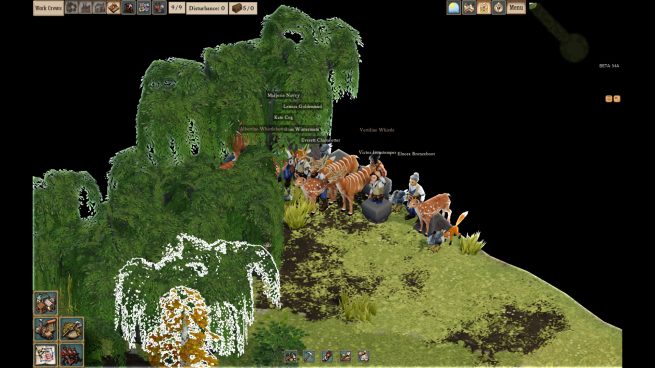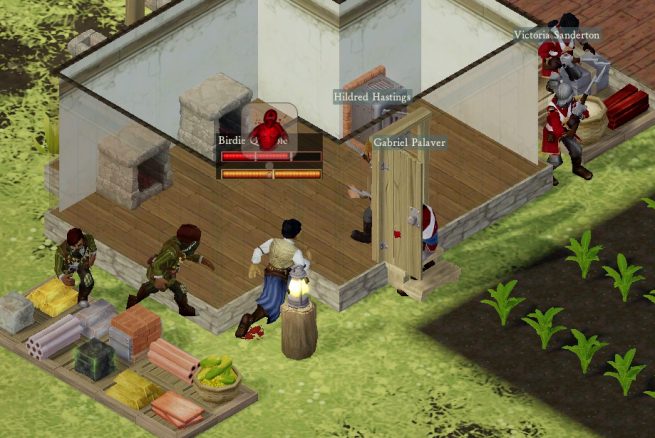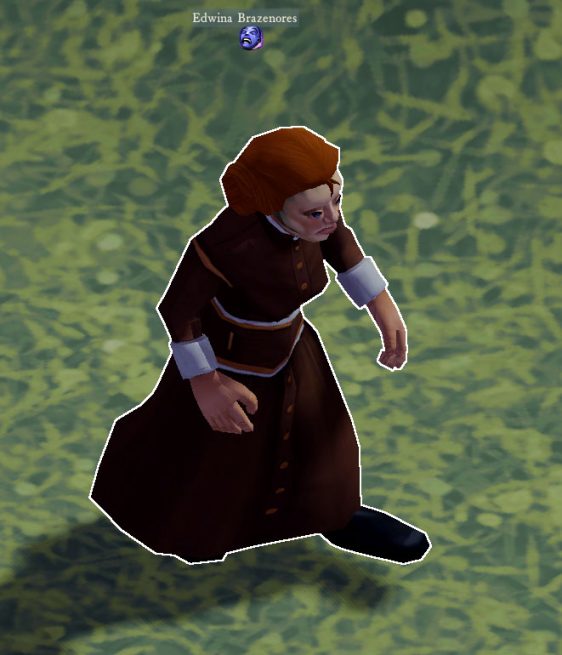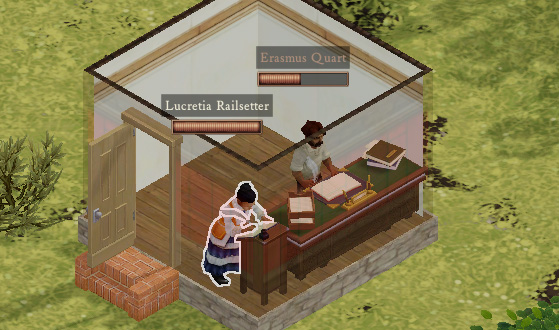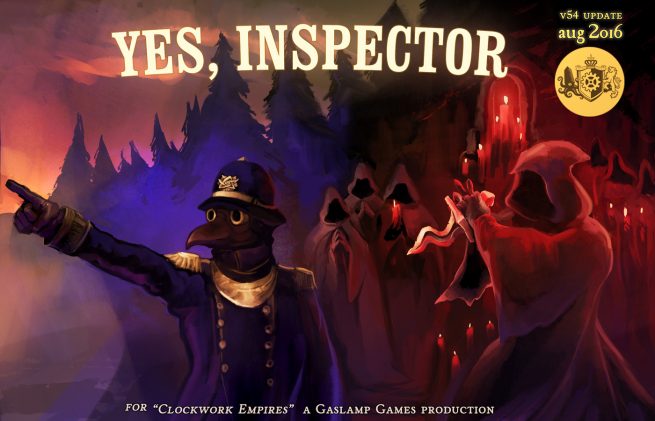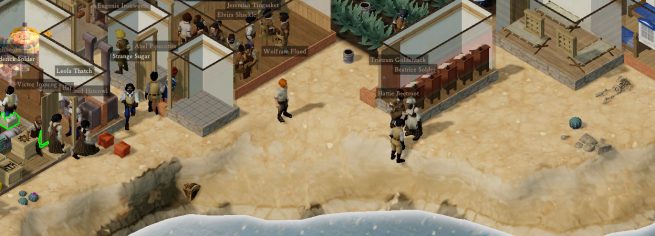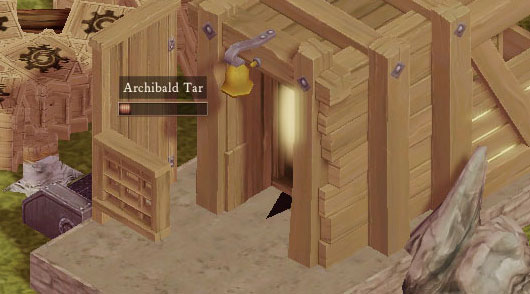A game of Clockwork Empires can be looked at as a game of increasing resource accumulation. This is extremely reductive but provides a useful perspective on certain design issues. So give every commodity a value, watch the sum of value in the player’s control increase as resources are extracted from labour and processed into higher-value goods. Population increases over time, increasing available labour. Food requirements impose a cost against population growth, though rate of added productivity is higher than food-labour cost. Capital infrastructure (modules, buildings) imposes costs, but vastly increases productivity. Character skill gain over time increases speed of production. Altogether an idealized chart of total resources accumulated over time could look something like this:
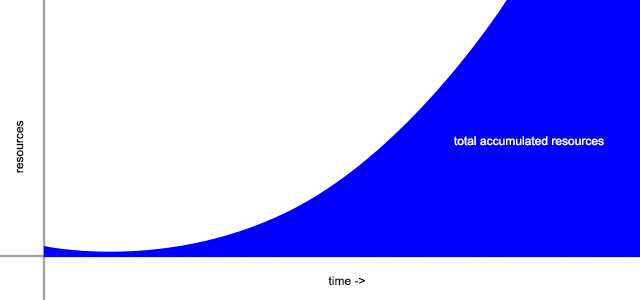 When a player advances to a point where their pile of accumulated resources are effectively limitless, then they’ve basically won the economic game, which makes it easy to explore the rest of the game without serious challenges (aka “fun”). This blog post is not about dealing with that end-game state however, it’s about delaying that end-game post-scarcity utopia in a way that is interesting. Building a colony in Clockwork Empires is very much about the challenges faced – and overcome – in the journey from a handful of colonists alone in the wilderness to bustling industrial powerhouse. If we let that journey finish too quickly, then the game experience is poorer for it. If we mess with the player’s journey by throwing random tornadoes at them to blow up all their stuff, that feels unfair and frustrating.
When a player advances to a point where their pile of accumulated resources are effectively limitless, then they’ve basically won the economic game, which makes it easy to explore the rest of the game without serious challenges (aka “fun”). This blog post is not about dealing with that end-game state however, it’s about delaying that end-game post-scarcity utopia in a way that is interesting. Building a colony in Clockwork Empires is very much about the challenges faced – and overcome – in the journey from a handful of colonists alone in the wilderness to bustling industrial powerhouse. If we let that journey finish too quickly, then the game experience is poorer for it. If we mess with the player’s journey by throwing random tornadoes at them to blow up all their stuff, that feels unfair and frustrating.
The question is, how do we slow accumulation rate or subtract from a player’s resources outside of food requirements and construction costs? … And have players enjoy it.

